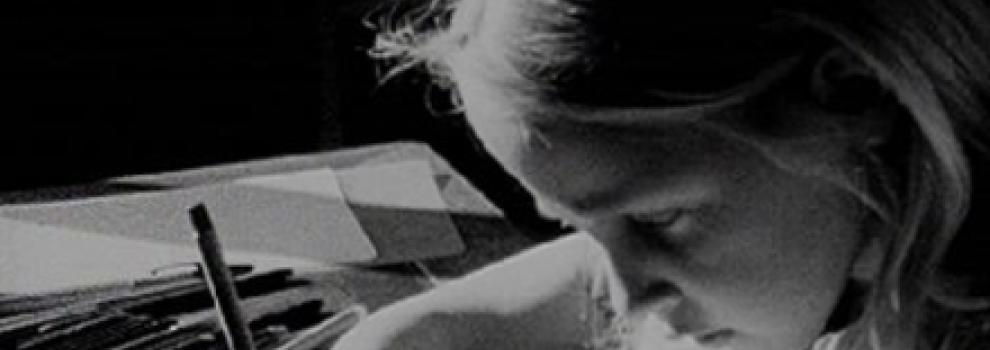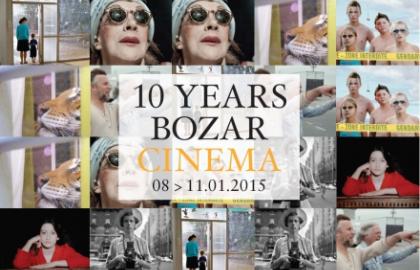
‘Tam Tam / Pointilly / Dry Martini - Adolpho Arrietta’
Past event
Cancelled
Postponed
10 Jan.'15
- 00:00
Audiences
In the presence of Adolpho Arrietta
Pointilly (1972, editing 2008, 40’)
Tam Tam (1976, 60’)
Dry Martini (2010, 7’)
"Il y avait très longtemps pour moi que le cinéma n'avait pas éclaté de cette façon" - Marguerite Duras on Pointilly.
"Arrietta’s film is compelling, informative, entertaining and beautiful. Its subject is the Paris transvestite scene and it’s depicted with the flair of Jack Smith, the directness of Andy Warhol, and the special tenderness of Arrietta. I salute the Poet." - Jonas Mekas on Tam Tam.
One short and two medium-length films by Spanish maverick director Adolpho Arrietta: the final cut of Pointilly, a strange but magnificent film which was praised by Marguerite Duras back in 1972, featuring Françoise Lebrun in her first role, briefly before her breakthrough with Jean Eustache’s The Mother and the Whore. The second film is Tam Tam, an offbeat comedy in which the guests at a mundane party make a lot of fuss about an absent guest. And there is Dry Martini, an essay based on an apologetic text on alcohol and tobacco by Luis Buñuel.
Spanish director Adolpho Arrietta (1948) is one of the most singular figures from the new cinemas that appeared in the sixties and seventies in various countries. Based in Paris since 1967, Arrietta directed Le jouet criminel (1969) with Jean Marais and was involved in the making of Jean Eustache’s Numéro zéro (1971). Marguerite Duras wrote a passionate text about his film Le Château de Pointilly (1972). His cinematic language is very poetic, apart from narrative conventions, which has made it to be compared with the cinema of Jean Cocteau. But Arrietta’s unique tone and offbeat sense of humor gives his films a profoundly original dimension.
Tam Tam (1976, 60’)
Dry Martini (2010, 7’)
"Il y avait très longtemps pour moi que le cinéma n'avait pas éclaté de cette façon" - Marguerite Duras on Pointilly.
"Arrietta’s film is compelling, informative, entertaining and beautiful. Its subject is the Paris transvestite scene and it’s depicted with the flair of Jack Smith, the directness of Andy Warhol, and the special tenderness of Arrietta. I salute the Poet." - Jonas Mekas on Tam Tam.
One short and two medium-length films by Spanish maverick director Adolpho Arrietta: the final cut of Pointilly, a strange but magnificent film which was praised by Marguerite Duras back in 1972, featuring Françoise Lebrun in her first role, briefly before her breakthrough with Jean Eustache’s The Mother and the Whore. The second film is Tam Tam, an offbeat comedy in which the guests at a mundane party make a lot of fuss about an absent guest. And there is Dry Martini, an essay based on an apologetic text on alcohol and tobacco by Luis Buñuel.
Spanish director Adolpho Arrietta (1948) is one of the most singular figures from the new cinemas that appeared in the sixties and seventies in various countries. Based in Paris since 1967, Arrietta directed Le jouet criminel (1969) with Jean Marais and was involved in the making of Jean Eustache’s Numéro zéro (1971). Marguerite Duras wrote a passionate text about his film Le Château de Pointilly (1972). His cinematic language is very poetic, apart from narrative conventions, which has made it to be compared with the cinema of Jean Cocteau. But Arrietta’s unique tone and offbeat sense of humor gives his films a profoundly original dimension.
